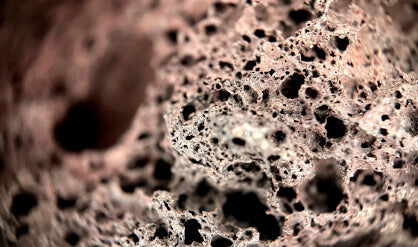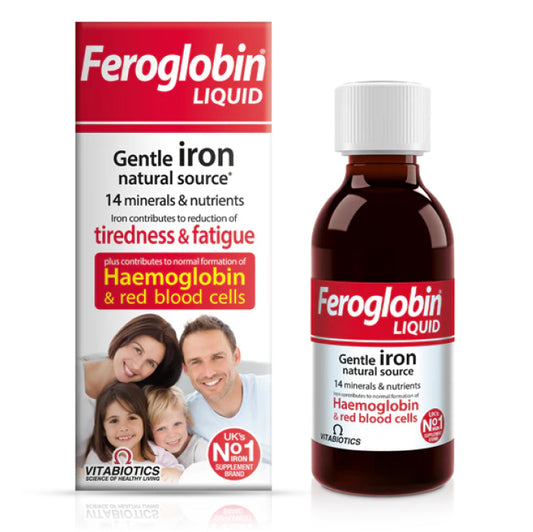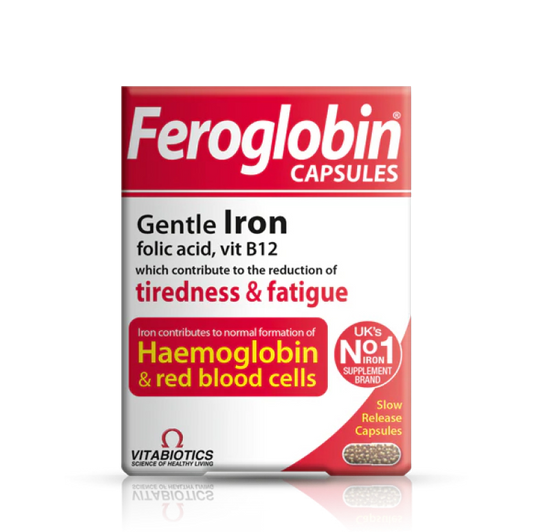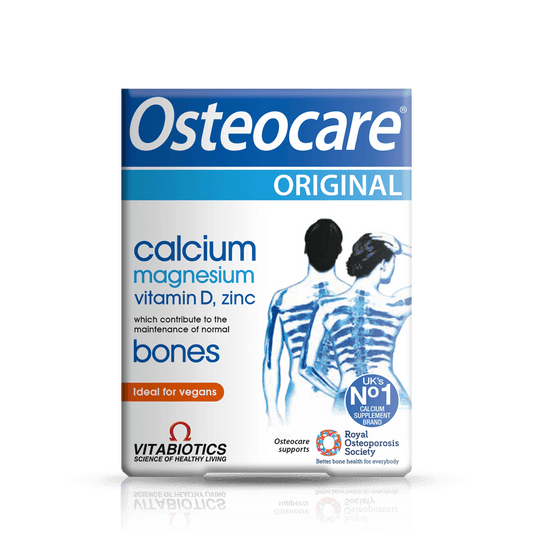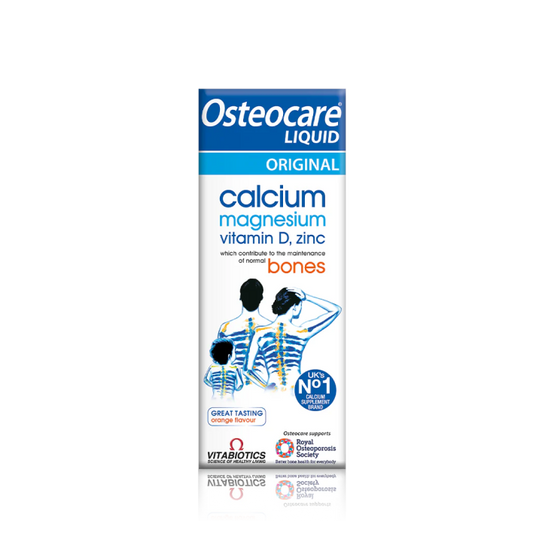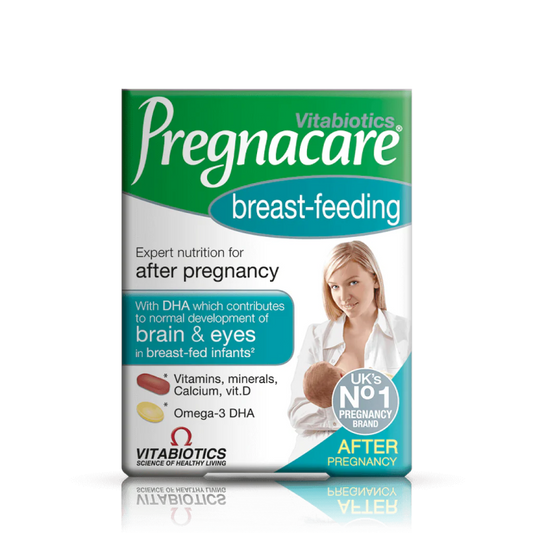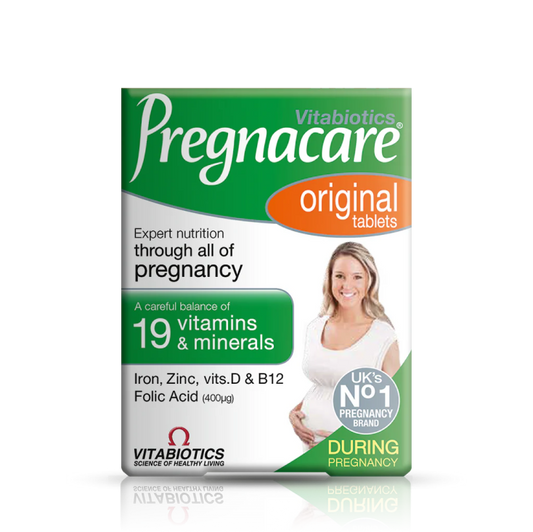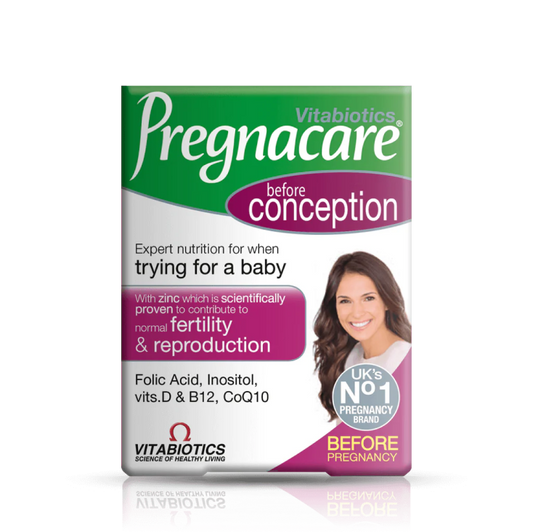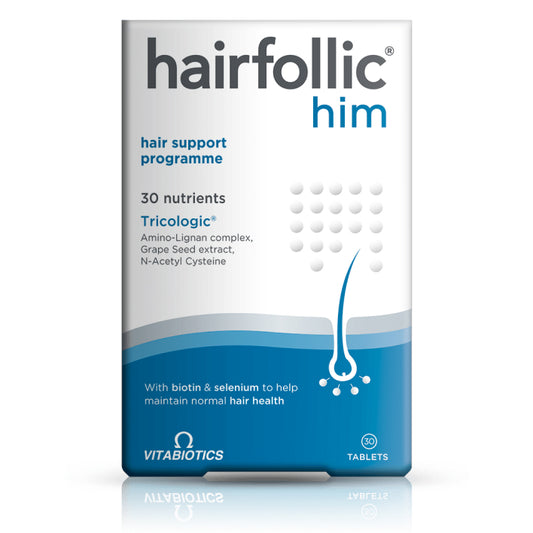Osteoporosis is a disease that has an asymptomatic course for many years. By making a few changes to your lifestyle, you can reduce the risk of its occurrence. Find out which vitamins and minerals have a positive effect on bones. Where can you find them and when it is worth starting supplementation.
What is osteoporosis?
Osteoporosis is a disease in which bone mineral density gradually decreases. Bone structures become weaker, which can result in an increased risk of fractures and injuries. There are factors that can accelerate the progression of the disease, including:
-
genetic conditions,
-
long-term immobilization, e.g. due to injury,
-
vitamin and mineral deficiencies,
-
metabolic disorders,
-
hormonal changes, e.g. menopause in women,
-
poorly balanced diet.
Osteoporosis is wrongly associated only with the elderly. However, this disease can appear in people of any age. Osteoporosis develops slowly and does not cause any symptoms for many years. Patients are not aware of it until they have a fracture, which makes it difficult to start treatment.
Symptoms of osteoporosis
The loss of bone mineral density is related to age. This process begins around the age of 40 in women and 45 in men. However, this does not mean that it is accompanied by specific symptoms. Some people experience pain, which is often a sign of significant weakness and strain on the skeleton. In the later course of the disease, you can also observe a decrease in height, adopting a hunched posture when walking, back pain, or increasingly frequent fractures in the same places.
The impact of diet on joints
Lifestyle, and especially diet, has a major impact on the development of osteoporosis. It is worth taking care of it before the first symptoms appear, indicating that something is wrong with the bones. Proper nutrition is not only about eating specific products, but also maintaining a healthy body weight. Overweight and obesity lead to the development of many diseases, make everyday functioning difficult and have a negative impact on well-being. They are also important in the case of osteoporosis. Excessive body weight causes mechanical damage to joint cartilage and makes it difficult to engage in physical activity, which is one of the ways to maintain a slim figure.
See also: Balanced diet for women
For good joint health, it is worth including the right vitamins and minerals in your diet. Vitamin D is key , as it is essential for the proper functioning of bones. In our country, almost everyone has its deficiencies, which is why it is very important to supplement them. Vitamin K helps maintain healthy bones, which is why it should be taken together with vitamin D. In addition, the diet must include calcium , phosphorus, antioxidants and zinc . They strengthen bones, support joint regeneration and reduce existing inflammation. You will find them in dairy products, fruits and vegetables, lean meat and eggs, which is why these products should be the basis of the osteoporosis diet.
Including omega-3 fatty acids , which can be found in sea fish, algae, oils and nuts, in your diet can reduce the risk of osteoporosis later in life. Daily supplementation should include alpha-linolenic acid, eicosapentaenoic acid (EPA) and docosahexaenoic acid (DHA), which improve bone density and reduce the risk of fractures.
Osteoporosis in women and men
Bone loss in women may be due to a drop in estrogen levels. In the premenopausal period, the bone formation process slows down and the destruction of their structures begins. Due to hormonal disorders, about 40% of women over 50 are diagnosed with osteoporosis. However, it should be remembered that age is not the only determinant of the development of the disease. A very important element of prevention is physical activity and maintaining a correct body posture. Thanks to this, you can not only maintain a correct body weight, but also learn to adopt positions that relieve the bone structures. In addition, regular exercise will help to increase balance and mobility.
Osteoporosis in men has a different background. It affects overweight or obese men who abuse alcohol and smoke cigarettes. Risk factors also include glucocorticosteroid therapy, hypogonadism, and gastrointestinal diseases.
What dietary supplements are good for joints?
In the prevention of osteoporosis, not only regular physical activity and a well-balanced diet are important elements, but also appropriate supplementation. To prevent the development of the disease, you should include:
-
vitamin D,
-
omega-3 acids,
-
vitamin K,
-
vitamin A and E,
-
calcium,
-
zinc.
You will find many of them in your diet, but if you still have deficiencies confirmed by blood tests, you should include dietary supplements. Currently, there are many products on the market, in convenient tablets, capsules or liquid, that will strengthen your bones and prevent fractures.
This may be useful to you: Osteocare Calcium Supplements
When supplementing, don't forget about your intestines. Maintaining them in good condition improves the absorption of vitamins and minerals. It also supports the body's immunity and reduces unpleasant symptoms from the digestive system. Along with dietary supplements for osteoporosis, it is therefore worth including appropriate probiotics .

